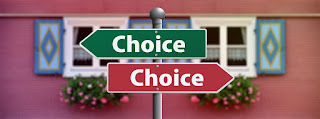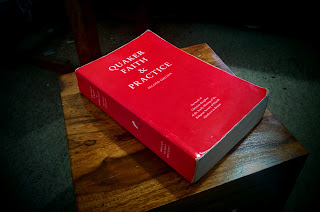So, it is Christmas Day (in most of the world), and in case you've just browsed here for some light reading that fits the season, I've collected up links to my posts, both deliberate writing and written ministry, that relate to this festive season.
In
A Quaker Christmas, I look at the Quaker testimony concerning times and seasons, how liberal Quakers do approach the holiday (in my experience), and a look at how we could retool the testimony to fit in with modern life and practice, and how the Religious Society of Friends is now constituted and situated.
In
A Christmas Prayer, I share written ministry concerning this time of year. This one actually originally came to me during a Meeting for Worship, when I attended the mid-week afternoon MfW at my local Meeting.
In
Modern Christmas and Equality, I look at some of the issues that came up in that ministry, and generally how the way Christmas is now done (at least in the English-speaking parts of the global economic north) interacts with ideas of equality.
In
Everyone Can Draw Meaning From Christmas, I put the universalist, new-light-from-wherever-it-may-come, every-religion-has-something-to-teach treatment on Christmas itself, a look at what meaning the story of Christmas can have, spiritually, for those of any faith.
I also wish all of you a fond "Happy Christmas", or good wishes whatever celebration you may be partaking in at this time of year (it's a bit late to wish people a good Yule or Chanukah, but you get the idea). Thank you to all who've commented, here or elsewhere, and given that vital support to anyone writing - the knowledge that people are reading, and thinking & discussing. An especial thanks to those who've shown their appreciation, support and confidence by backing my
Patreon. Expect to hear more from me before the New Year!


















